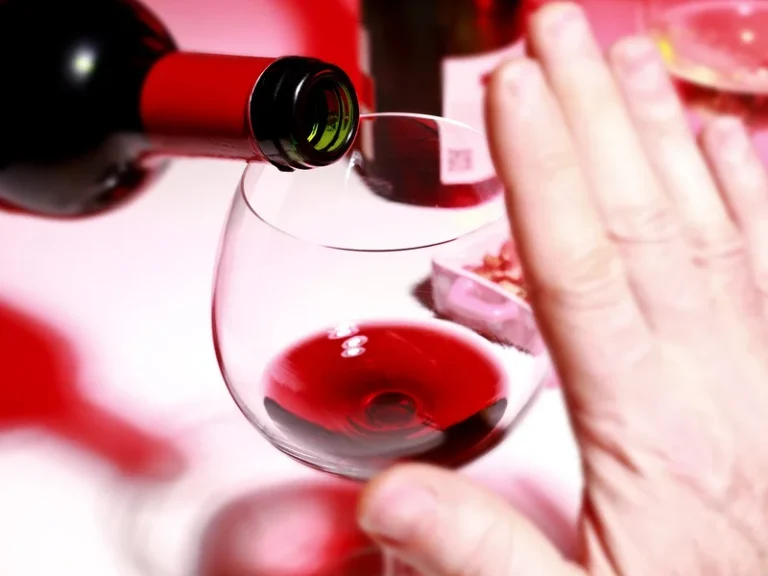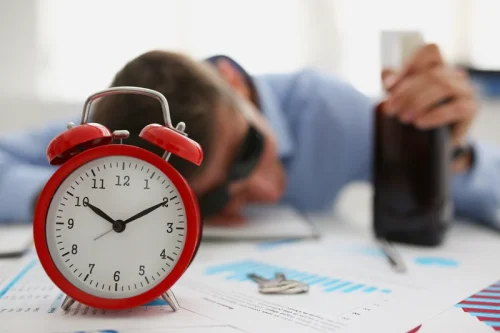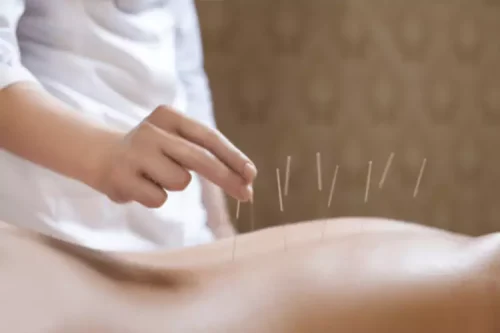
Yoga and exercise are both physical activities that can help release endorphins, which contribute to a feeling of happiness and wellbeing. These activities also provide a sense of accomplishment and achievement, which can help counter feelings of shame or guilt. Additionally, yoga incorporates mindfulness techniques, helping individuals better understand and manage their thoughts and emotions. DBT for shame and guilt often involves group therapy sessions where clients practice applying DBT skills in role-plays and other experiential exercises. The therapist also provides individual coaching between sessions to support clients in using these skills in real-life situations. As someone who has gone through addiction recovery or knows someone who has, you may recognize the overwhelming and often consuming emotions of shame and guilt.
- Here’s the role of shame and guilt in addiction recovery, along with how to process shame and regret of addiction; necessary to recover.
- Action Rehab is an advisory service for individuals suffering from drug addiction, alcohol addiction or behavioural addictions.
- It can break up families, ruin relationships, break down self-confidence, and cause problems in all areas of life.
- However, this evolutionary mechanism can become problematic when it leads individuals to feel ashamed for seeking help or vulnerability.
- Sharing your experiences with others who understand can help alleviate these emotions.
Talk Therapy
Without these steps, addicts will struggle to forgive and forget, and will find it hard to benefit from long-term addiction recovery. Overcoming shame and guilt are imperative if you are suffering from addiction. By enabling both emotions, the churn of addictive behaviours will continue. Yet, healing from shame and guilt can motivate greater addiction recovery, help you see things differently, and forgive yourself for the future. However, sometimes this is not enough to improve a recovering addict’s self-esteem.
The Impact of Unaddressed Shame and Guilt

As we reflect on the power of mindfulness as a tool for healing shame and guilt during addiction recovery, it’s worth noting that these practices have a rich cultural history dating back centuries. In fact, many ancient eastern philosophies tout the benefits of mindfulness meditation for promoting physical health, mental wellness and spiritual growth. https://ecosoberhouse.com/ The theory behind Art Therapy for Coping with Shame and Guilt is that the creative process allows for a non-verbal expression of emotions that may be too difficult or painful to express through words. By creating works of art, individuals can explore their inner selves and express repressed emotions in a safe and non-judgmental environment.
Dialectical Behavioral Therapy (DBT) for Shame and Guilt
Managing shame and guilt during addiction recovery can be a challenging task. However, alternative therapies like Yoga and Exercise have proven to be useful guilt and shame in recovery tools in helping individuals cope with these emotions. Often, individuals struggling with addiction feel shame and guilt for their actions in the past.
Q: Can professional counseling help with addressing shame and guilt during addiction recovery?

Focus on your recovery journey today rather than dwelling on past mistakes. Addiction often involves things that hurt ourselves or others, like lying or neglecting responsibilities. It can sneak its way into your world, grab a hold of things so tight, making you feel drained and burnt out emotionally. Guilt is just another layer on top of a struggle that is big enough on its own. Michael J. Rounds is the author of 10,000 Days Sober and an addiction recovery specialist at a correctional facility in Indiana. Hypersexuality can have various causes, including past trauma, certain medical conditions, and medication side effects.


In order to make a full addiction recovery, you need to be honest about your past to the people trying to help you. This includes any healthcare professionals, therapists, and close friends or family. Being truthful about your past could greatly improve the care that you are able to receive. It is equally as important that you are honest about your present situation as well. This is especially true if you have been having difficulties or have had a relapse.
Re-learning how to socialize
- It’s worth noting that accessing additional forms of professional and peer support does not mean that an individual’s existing network isn’t valuable.
- While this can be difficult to initially complete, healing from previous behaviours, controlled by addictive stimuli is a must.
- Several studies have shown that analyzing emotional problems in substance abusers is important because people in recovery experience different levels of shame and guilt than the general population.
They may also use the criteria for addictive disorders since hypersexuality can be considered a form of behavioral addiction. Only by processing your feelings of shame with a trusted counselor or supportive friend will you be able to move past guilt and shame in recovery. Yet, for addicts, shame and guilt, in general, are difficult emotions, fuelling the ongoing cycle of addiction.
